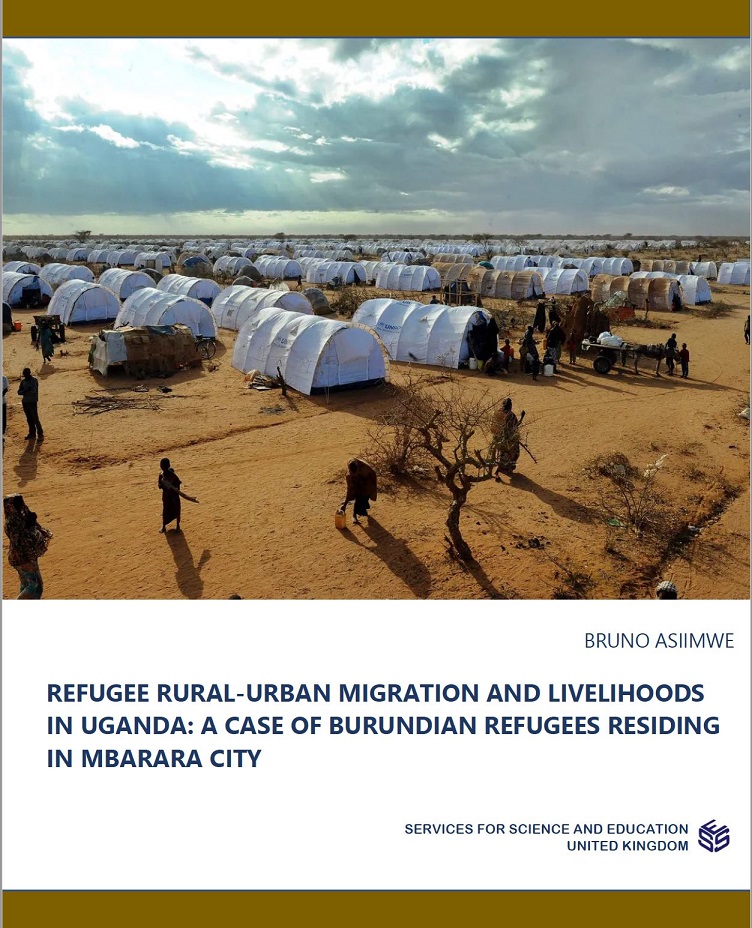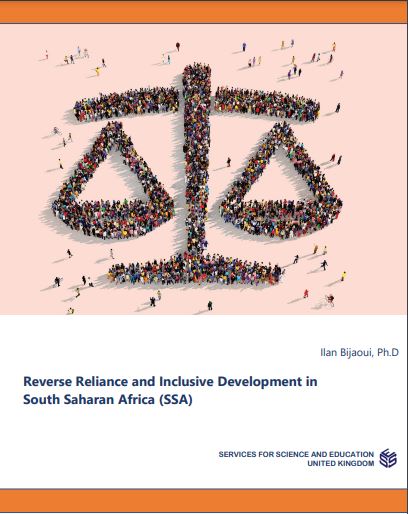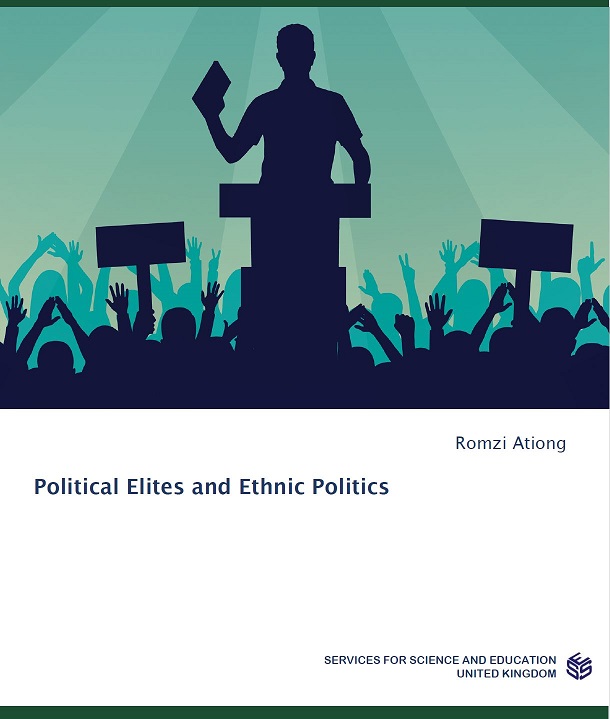This fourth part of our study deals with the application of Bantucratique, as a political theory, to a context, namely that of the Congo. Such an application should serve as a model for other African countries which, moreover, are experiencing the same realities. From this point of view, we will start from African generalities, in order to better specify the case of the Congo as such. The ” Congolese nation ” Current maintains the illusion of a unique relationship and a commu direct nication between the E state and the citizen . This direct and interpersonal communication is, in part, a serious departure from the group’s Bantu values. The Congolese citizen, by his direct connection with the State, is not for all that better protected than in a representative system. Moreover, whether for the democratic vote or for the rise of the individual on the national level, this direct connection is obscured in favor of ethnic and family networks. The current Congolese institutional system disarticulates the traditional social organization to make way for a social disorder, a real anarchy where only two values prevail for the appropriation of power, namely the possession of a diploma or, most often, the use of armed force. The current political class has been raised, educated, empowered and maintained by Marxist regimes. A political culture has resulted. Economically, the legacy of thirty years of Marxism is heavy. Morally and culturally prevail general libertinism, easy enrichment, false makeup and empty words. In fact, in the Congo there are several traditional peoples. The current State is presented as a new structure , in competition with centuries- old structures . The respective conceptions of man, of the group and even of the power of this state are often contradictory with those of these structures. As a result, Congolese man is more than ambivalent, forced to navigate between opposing cultures.







